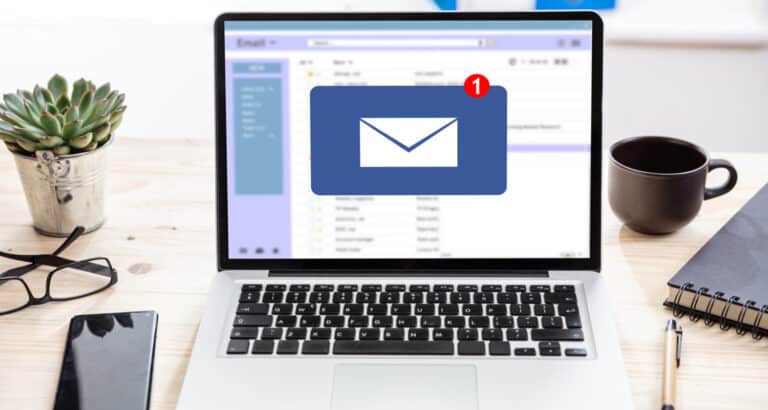Research by Zivver reveals that although companies have accelerated their innovation efforts in the past two years, many challenges remain. Employees that participated in the study complain about security measures that are counterproductive and slow down work. Many applications have been added in the area of digital collaboration as well, but these are not yet being used efficiently.
Zivver, a company specialising in email security, conducted a survey of 6031 employees to determine the effects of accelerated innovation and hybrid working. Almost all employees (98%) find it important to be able to focus on their primary task. The fact is, however, that they are hindered in doing so. The main cause is bureaucracy, which is an especially well-known phenomenon in large organizations. In 29% of the cases, time-consuming security measures hamper productivity. In 27% of the cases, too much variety in IT systems is to blame. There’s plenty of room for improvement.
Tip: Zoom vs Google Meet vs Microsoft Teams vs Webex Meetings vs BlueJeans
Security
When looking at cybersecurity, 50% of the employees say that the current security measures have a negative impact on their productivity. These safeguards create obstacles to properly doing their jobs. In fact, 47% of employees say they feel frustrated by the network security measures imposed when working from home. Companies often require additional authentication layers. In other cases, applications are not accessible at all. Lastly, 30% say their IT department is so paranoid of possible cyberattacks that they make it impossible for employees to do their work properly.
In today’s world, companies today face a huge number of cyber threats. They want to protect themselves as best they can. Most of the risk lies with employees. More often than not, they are responsible for opening phishing emails and downloading ransomware. IT tries to counter risks with all kinds of security measures and training. That’s where the frustration of many employees originates.
67% of the employees received some form of security training from their organization in the past two years. However, 47% of the employees believe that this responsibility should primarily lie with the IT team. Few employees have a positive image of their IT team. Only 17% believe the IT team supports them. 30% feel the IT team is mainly reactive and 19% feel the IT team is bureaucratic.
Digital communication and collaboration
The survey reveals that 55% of employees have been given additional tools to collaborate and communicate over the past two years. Roughly 39% of employees said they had difficulty using these new tools properly. 34% said it added stress. 29% felt they were always available and experienced difficulty logging off.
Although these tools often result in fewer internal e-mails, e-mail remains the most important means of communicating with external parties. At the same time, e-mail is one of the biggest security risks for malware, ransomware via phishing, and the accidental or unintentional sharing of sensitive data.
84% of the IT decision-makers in the study said email is critical to their business. Therefore, it’s not a risk that’s easily solved. Many IT decision-makers (73%) do indicate that they want to invest in e-mail security. Mainly in outbound security, which concerns the sending of e-mails. That’s where things often go wrong. 61% of the employees indicate they have made mistakes in sending e-mails in the past two years, whereby the e-mail or attachments were sent to the wrong person.
Extra reviews and security on e-mail
In recent years, all kinds of protocols and policies have been introduced to improve e-mail security, but without much result. This is also reflected in the research: 83% of IT decision-makers have more faith in smart technological solutions for e-mail security than in extra protocols or security rules.
For Zivver, some of the research results are good news. The fact that companies want to invest more in email security is positive. After all, that’s something that Zivver can offer. For example, the company offers the possibility to send encrypted e-mails. However, external recipients that aren’t Zivver customers have to open the e-mails via a link in their browser, which doesn’t help productivity. Employees are clear about the latter in the study. For internal e-mails, whereby everyone uses Zivver, this is not necessary and has no effect on productivity.
However, Zivver also offers an intelligent review of emails before they are sent. When writing an email, Zivver uses a plugin to review the content. When sending an email to someone for the first time, or sending important documents like sales and revenue reports, a warning will be shown. It’s somewhat of a security checklist that considers the context and recipient when composing an e-mail. In this way, the number of mistakes when composing an e-mail can be reduced. In addition, it has virtually no impact on the productivity of an employee.
Tip: Data breaches get bigger, do people still care? We need cyber resilience
